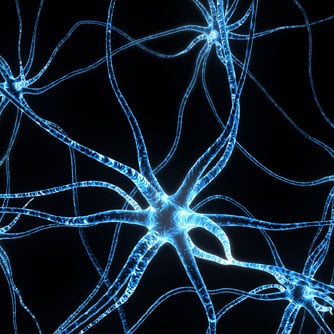Pioglitazone , a drug that controls type-2 diabetes may repair the spinal cords of mice suffering from the inherited disease adrenoleukodystrophy which, untreated, leads eventually to a paralysis, a vegetative state and death. Aurora Pujol, from the Catalan Government Research Body ICREA (Spain), and colleagues,, investigated the role of mitochondria in adrenoleukodystrophy, which is thought to be caused by the inactivation of the ABCD1 transporter of fatty acids in peroxisomes. This inactivation leads to the accumulation of fatty acids in organs and blood plasma, and causes spinal cord degeneration. The researchers observed that pioglitazone halted the nerve fiber degeneration by preventing the loss of mitochondria, and inhibiting metabolic failure and oxidative stress in the treated mice, and hence also halted locomotor disabilities. The researchers were able to prove this both through analysis of spinal cords post mortem, and in vivo by putting the mice through a number of physical tests. Submitting that there are a number of other neurodegenerative disorders caused by myelin sheath degeneration – for example multiple sclerosis, and many others where impaired bioenergetics combined with oxidative stress and degeneration of axons are known to be involved – including Parkinson’s, Huntington’s, and Alzheimer’s Diseases, the study authors submit that: “It is possible that our findings may be relevant to these conditions as well.”
Diabetes Drug Tackles Neurodegenerative Diseases
Laia Morato , Jorge Galino, Montserrat Ruiz, Noel Ylagan Calingasan, Anatoly A. Starkov, et al. "Pioglitazone halts axonal degeneration in a mouse model of X-linked adrenoleukodystrophy." Brain 2013; presented at European Society of Human Genetics (ESHG), June 7, 2013.
RELATED ARTICLES




